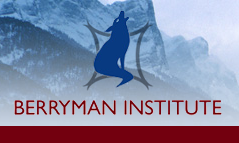Abstract
Successful conservation requires adequate understanding of focal species and ecology, practices that may assist species survival, and a community of people willing and able to conserve the species. For many species at risk, we operate with imperfect knowledge in complex conservation contexts. In this case study involving the Gunnison sage-grouse (Centrocercus minimus), we interviewed 26 community-defined local experts, including both those with and without related academic degrees, to assess the utility of local knowledge for understanding and informing conservation opportunities.This project suggests several benefits of integrating local knowledge that apply specifically to rare and endemic populations, including the ability to gain (1) access to a deeper temporal perspective, (2) observations made during different seasons and life-history stages, and (3) insights regarding the applicability of management strategies formed and science conducted on similar species. The contributions of local experts also can help identify conflicting narratives of species decline and, therefore, important future research directions. The patterns of expert referrals in this project provide evidence that long-term collaboration in conservation has created a pool of local Gunnison sage-grouse experts with technical training and long-term experience. Systematic assessment of the pool of local experts may improve long-term conservation by providing increased insight into the conservation context.
Recommended Citation
Knapp, Corrine Noel; Cochran, James; Chapin, F. Stuart III; Kofinas, Gary; and Sayre, Nathan
(2013)
"Putting local knowledge and context to work for Gunnison sage-grouse conservation,"
Human–Wildlife Interactions: Vol. 7:
Iss.
2, Article 3.
DOI: https://doi.org/10.26077/sttc-fb95
Available at:
https://digitalcommons.usu.edu/hwi/vol7/iss2/3



